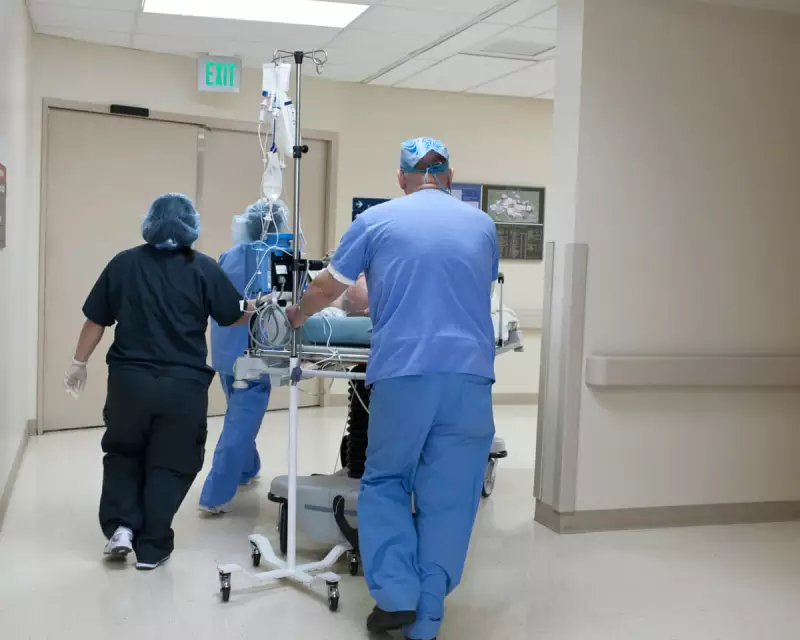
A damning new study has uncovered disturbing evidence that hospitals acquired by private equity firms are delivering significantly worse outcomes for patients, with mortality rates soaring for those undergoing common medical procedures.
Alarming Statistics Reveal Patient Safety Crisis
Research examining over 600,000 Medicare patient records reveals that individuals treated at private equity-owned hospitals face a staggering 25% higher chance of dying within 30 days of admission compared to patients at other medical facilities. The analysis focused on patients undergoing 14 common medical procedures and treatments.
Profit Over Patients?
The investigation, published in JAMA Health Forum, suggests that aggressive cost-cutting measures and staffing reductions implemented by private equity owners may be compromising patient care. Researchers found that while private equity hospitals showed modest improvements in certain patient experience metrics, these came at a devastating cost to clinical outcomes.
Key Findings That Demand Attention
- 25% higher mortality rate for Medicare patients at private equity hospitals
- Increased falls and blood infections among elderly patients
- Higher rates of hospital-acquired complications
- No corresponding improvement in readmission rates or costs
A Growing Trend With Dangerous Consequences
Private equity firms have been aggressively acquiring healthcare facilities across the United States, with approximately 450 hospitals now under their control. This represents nearly 10% of all private hospitals in the country, raising urgent questions about regulatory oversight and patient protection.
What This Means for Healthcare
The study's authors emphasise that these findings highlight systemic risks in the healthcare sector that require immediate regulatory attention. As private equity continues to expand its footprint in healthcare, understanding and addressing these patient safety concerns becomes increasingly critical for policymakers and the public alike.





